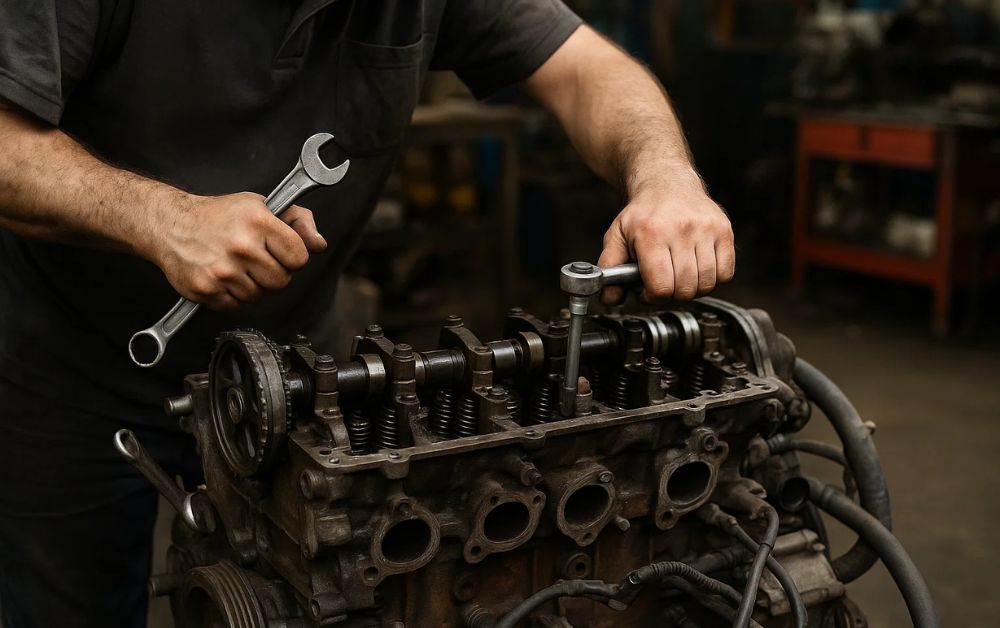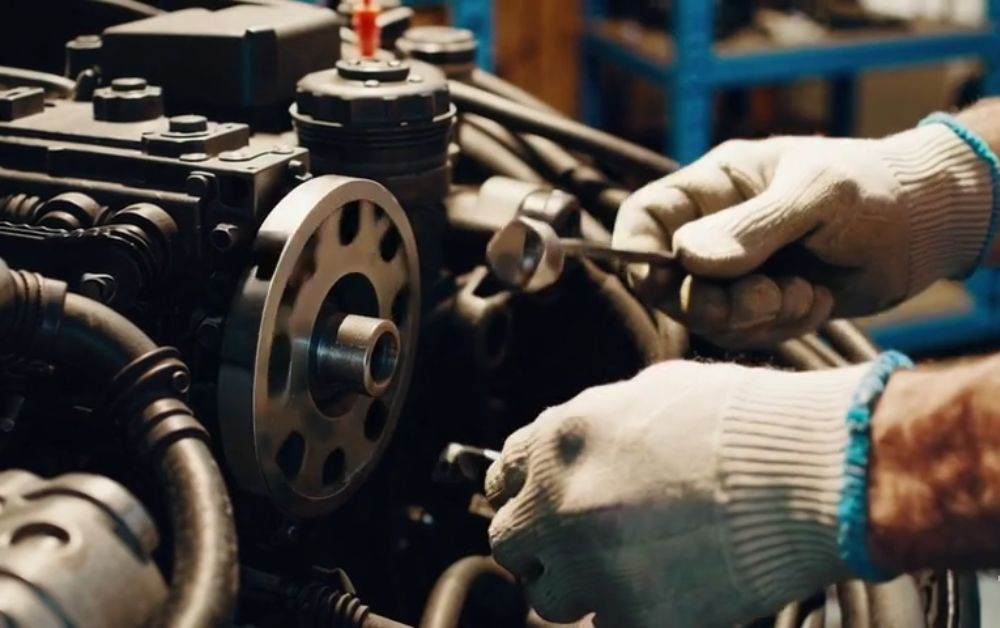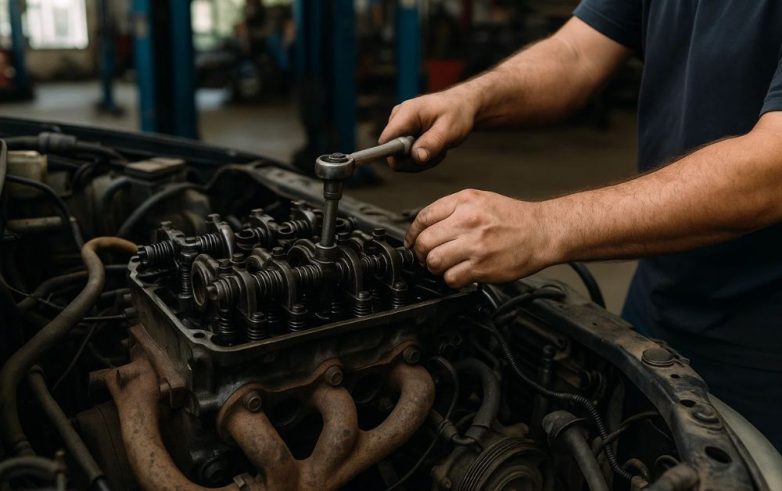The engine is the heart of your car, powering every drive and ensuring smooth performance. But like any complex machine, it can develop problems if not properly maintained. Engine failure is one of the most serious issues a car owner can face, often resulting in costly repairs or even necessitating a full replacement. Understanding the causes of engine failure is crucial for preventing it and taking timely action when early warning signs appear.
In this article, we’ll explore the most common reasons engines fail, how to spot the symptoms, and why choosing professional engine repair Dubai services can save your vehicle from long-term damage.

Skipping Oil Changes
One of the primary reasons engines fail is that people neglect to change their oil. Oil keeps everything moving smoothly, reduces friction, and helps maintain a lower temperature. If you don’t have clean oil, metal grinds against metal, which wears things out and causes the engine to overheat. Old, thick oil can also clog things up, disrupting the flow of oil.
What to look for:
- Oily, dark gunk on the dipstick
- Noises like banging or grinding
- The oil change or check engine light
The easiest way to keep your engine alive is to get regular oil changes.
Overheating
Engines can get seriously hot, but if the cooling system isn’t functioning correctly, temperatures can rise excessively and cause real harm. Overheating can cause parts to bend, seals to crack, or even render the entire engine inoperable.
What causes overheating:
- Not enough coolant
- A bad water pump or thermostat
- A busted radiator or cooling fan
What to watch for:
- The temperature gauge is way higher than usual
- Steam coming from under the hood
- A sweet or burnt smell near the engine
Check your cooling system regularly to avoid this issue.
Ignoring Lights on the Dashboard
Cars these days have sensors that tell you if something’s up. Many drivers ignore the warning lights, assuming they can wait. However, ignoring these lights, especially the check engine light, can allow tiny problems to develop into major engine disasters.
Lights to pay attention to:
- The oil pressure light
- The engine temperature light
- The check engine light
If a light pops up, address it right away to avoid significant damage & expensive bills.
Fuel System Trouble
Engines need just the right amount of air and gas to run. If the fuel system has problems, the engine won’t burn fuel properly, which puts stress on everything. Issues such as clogged fuel injectors, dirty filters, or a faulty fuel pump can all lead to engine trouble.
Signs:
- Burning through way too much gas
- Having a hard time getting the car started
- The engine stutters or sputters
Keep the fuel system clean and in good working condition for optimal performance.
Timing Belt or Chain Problems
The timing belt or chain keeps the engine’s valves and pistons in sync. If it slips, snaps, or gets out of whack, you’re looking at severe damage. This is a significant reason for engines to quit suddenly, especially if you skip scheduled service.
Stuff to listen for:
- A ticking sound from the engine
- Rough idling
- The engine is refusing to start
Stick to the schedule for replacing the timing belt to prevent surprise breakdowns.
Bad Maintenance Habits
Failing to keep up with routine maintenance is often a contributing factor to many engine failures. Skimping on services like changing filters, swapping out spark plugs, & flushing the coolant lets gunk, heat, and stress build up inside the engine. Over time, these minor mistakes can cause significant harm.
Things people often forget:
- Air filters packed with dust
- Worn-out spark plugs
- Old coolant or transmission fluid
Following a good maintenance plan is the smartest thing you can do for your car’s life.
Wrong or Dirty Fluids
Engines are picky about the fluids they use. Using the wrong type of oil or contaminated fuel can cause poor lubrication, rust, and damage to the engine’s internal components. Even something as simple as mixing coolant incorrectly can cause overheating.
Signs of trouble:
- The car isn’t running like it used to
- Weird smoke coming from the exhaust.
- Overheating more than usual
Always check what the car maker suggests for fluids.

To sum up:
Engines typically don’t fail without warning. Most of the time, it’s due to skipping maintenance, not paying attention to warning signs, or simply due to wear and tear. By keeping up with regular oil changes, cooling system maintenance, and the timing belt, as well as driving habits, you can avoid most engine problems.
For trustworthy and expert help, WeFix Auto Services offers engine repair to keep your car running smoothly.



